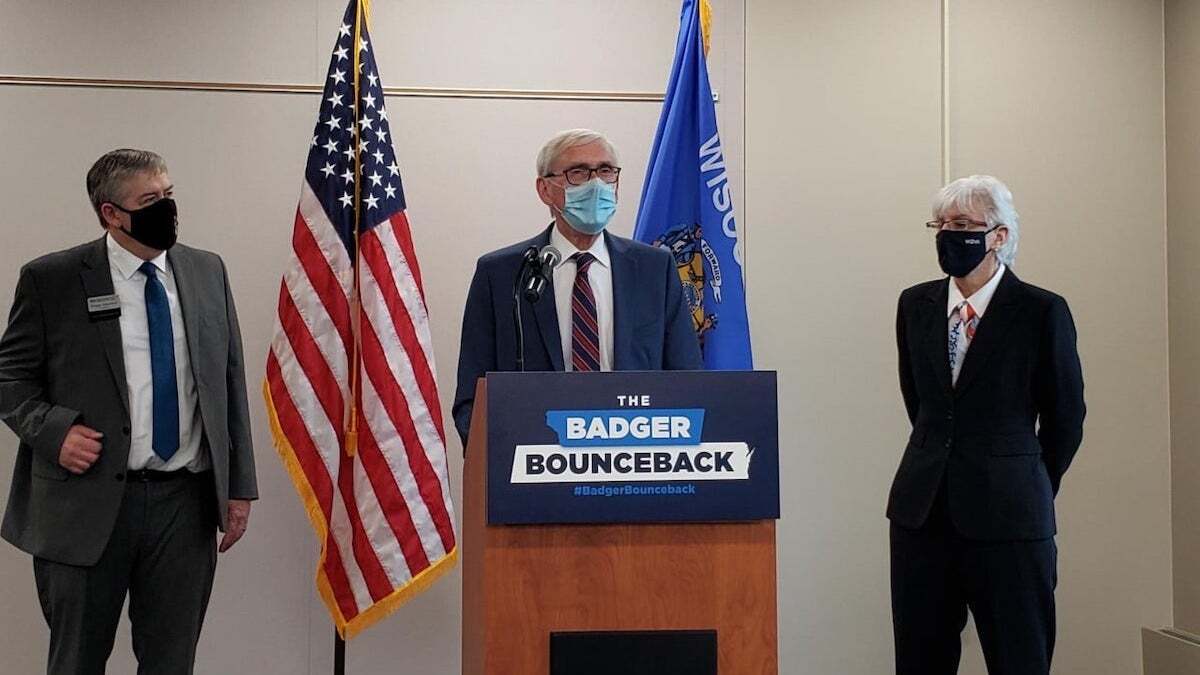Gov. Tony Evers | Facebook/Governor Tony Evers
Gov. Tony Evers | Facebook/Governor Tony Evers
Late last month, the Wisconsin Legislature sent a bill to the desk of Gov. Tony Evers that will change how municipal clerks handle absentee ballots that have issues.
Senate Bill 212 was co-sponsored by Sen. Alberta Darling (R-River Hills) and Sen. Joe Sanfelippo (R-New Berlin). It began after December hearings where legislators heard that clerks were fixing problems with absentee ballots – which is apparently a violation of state law. Instead of allowing clerks to make corrections of issues, the bill would require that the voter be the one to complete and correct their ballot for that ballot to be counted, according to The Sconi.
On June 23, Darling issued this statement via Twitter:
“Two common-sense election reforms I authored are now headed to the governor’s desk. The bill will increase transparency in the election process and make sure voters are alerted if there is a mistake on their ballot. I urge the governor to sign them.” She also included a link to a press release from her office.
Senate Bill 212 focuses on election fraud connected with absentee ballot certification. The bill reads in part: “If a municipal clerk receives an absentee ballot with an improperly completed certificate or with no certificate, the clerk shall return the ballot to the elector, inside the sealed envelope when an envelope is received, together with a new envelope if necessary, and shall post a notification of the defect on the elector's voter information page on the Internet site that is used by electors for original registration under s. 6.30 (5). The municipal clerk may not correct a defect in the certificate.”
This will also keep ballots out of the wrong hands. Darling and others were concerned by reports from Green Bay that absentee ballots were accessed by a former Democratic operative, according to The Sconi.
“Fixing problems on a ballot is a good thing,” Darling said. “Who fixes those mistakes is also important. Until the vote is counted, the ballot should belong to the voter, not the clerk or an outside group. For too long we have relied on guidance and not the law when it comes to curing ballots.”
But there are those who are concerned that this will disproportionately affect individuals who legitimately need help to fill out their ballots, according to a recent report by the Wisconsin Examiner.
“This should not be a partisan issue,” said Barbara Beckert, director of Disability Rights in Wisconsin’s Milwaukee office. “I mean, this affects people of all political philosophies. Disability and age are neither a Democratic or Republican monopoly. This would impact voters for any political party.”

 Alerts Sign-up
Alerts Sign-up